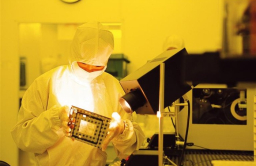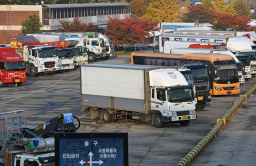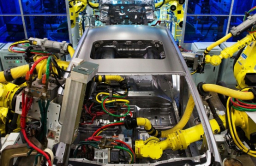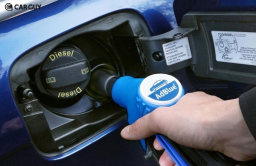-
KOSPI 2577.27 -2.21 -0.09%
-
KOSDAQ 722.52 -7.07 -0.97%
-
KOSPI200 341.49 +0.02 +0.01%
-
USD/KRW 1396 -2.00 0.14%
China’s urea halts raise specter of another logistics crisis in Korea
Supply chain
China’s urea halts raise specter of another logistics crisis in Korea
The feared industrial disruptions reveal South Korea’s heavy reliance on China for key raw materials
By
Dec 04, 2023 (Gmt+09:00)
3
Min read
News+
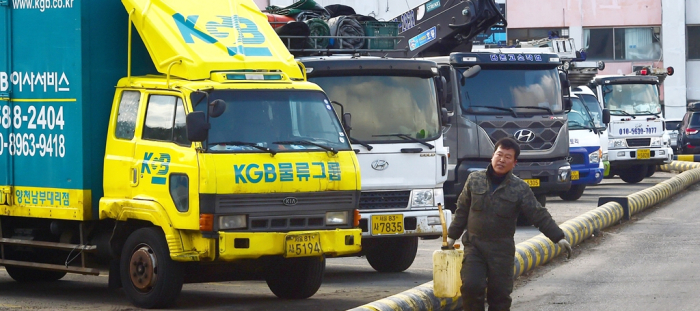
China has halted customs clearance on its exports of urea, a substance used to reduce carbon emissions in diesel vehicles, raising the prospect of another logistics crisis in South Korea, which suffered similar industrial disruptions due to such a move by China two years ago.
China's General Administration of Customs recently blocked customs clearance of urea, or diesel exhaust fluid (DEF), bound for Korea, according to Seoul government and industry officials on Monday.
Korean companies have reported the situation to the Korean government and Seoul’s finance ministry and foreign affairs ministry held a meeting last week to look into the case and another meeting is scheduled for Monday, officials said.
A Seoul government source said Korea has already contacted Beijing to ask them to explain the situation but hasn’t yet received any response.
“We’re closely looking at the situation while monitoring our urea inventories,” he said.
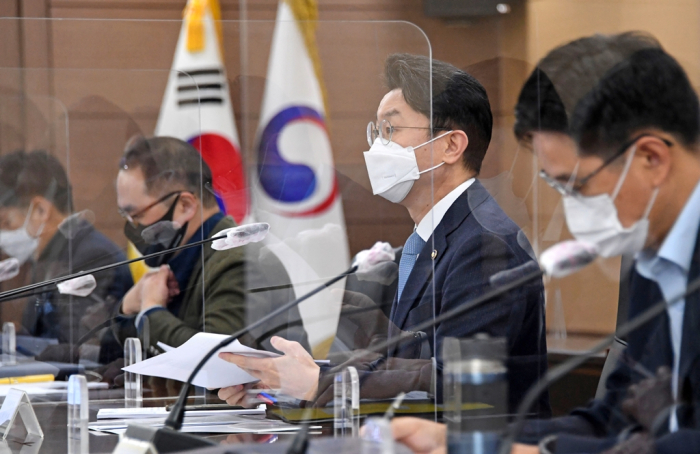
While there is no clear answer from Beijing yet, Korean government officials said the Chinese suspension of the material could have been caused by its domestic supply and demand mismatch rather than a formal export control.
Korea’s urea inventory level currently stands at about three months, including those planned imports from Vietnam and China, sources said.
FEARS OF SECOND INDUSTRIAL DISRUPTIONS
Industry officials said if the current urea export suspensions by Chinese authorities continue, it could deal another blow to the Korean economy – similar to what the country suffered two years ago.
In mid-October, 2021, China imposed restrictions on exports of urea solution, normally a cheap and easy-to-purchase substance used to reduce carbon emissions in diesel vehicles such as trucks amid China’s trade dispute with Australia.
The ban created chaos among diesel car owners, including truck drivers, in Korea, making them desperate to secure the DEF amid rapid price gains.
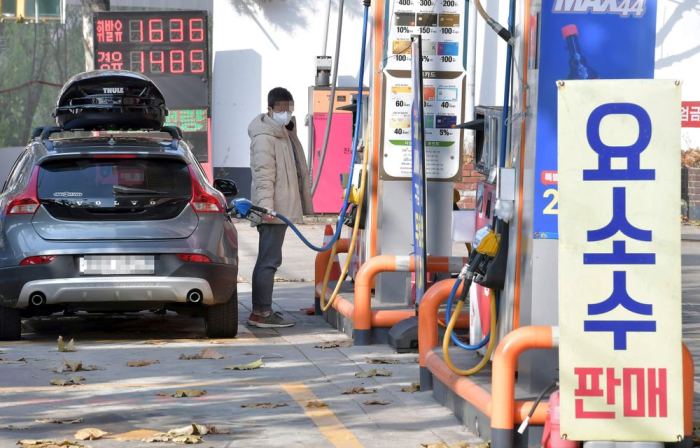
Korea imports almost all of its DEF needs from China back then and even now.
Amid depleting supplies, the Korean government took measures, striving to buy the material from other countries, as the shortage of the liquid was feared to hurt growth in Asia’s fourth-largest economy.
Following the Chinese ban, Korea’s DEF inventories rapidly dwindled, stoking fears that it could disrupt not only the supply chain but also major industries, including the electronics, automobiles, refining and steel sectors, the core growth engines of the economy.
KOREA’S HEAVY DEPENDENCE ON CHINA
DEF is made with urea and deionized water. Korea’s DEF producers such as Lotte Fine Chemical Co., Hu-Chems Co. and KG Chemical Corp. import urea, mostly from China, and mix it with the water.
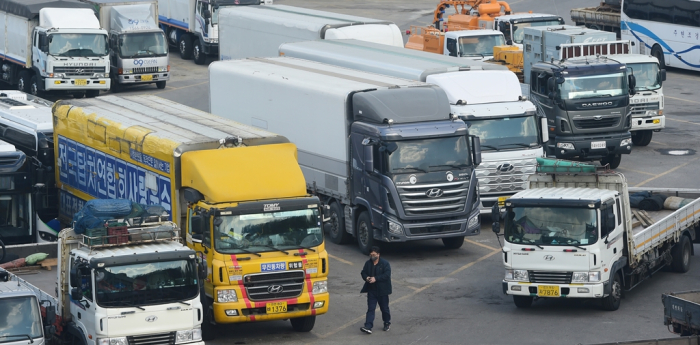
Experts said the DEF crisis in 2021 that hit Korea across various industries lays bare the supply chain vulnerability of the country, which has heavily relied on its neighbor, China, for key industrial raw materials.
Korea imports three-fifths of its needs for chip wafer-producing raw materials such as gallium, germanium and beryllium from China. Korea is home to the world’s two largest memory chipmakers – Samsung Electronics Co. and SK Hynix Inc.
China also accounts for nearly half of Korea’s imports of ethylene, a base stock widely used in the chemical and petrochemical industries.
The Korean economy’s growth strategy has long been based on value-added, high-end products, taking advantage of China’s cheap labor and readily available raw materials.
Write to Han-Shin Park at phs@hankyung.com
In-Soo Nam edited this article.
More To Read
-
Sep 12, 2023 (Gmt+09:00)
-
Nov 05, 2021 (Gmt+09:00)
-
Nov 14, 2021 (Gmt+09:00)
-
Nov 03, 2021 (Gmt+09:00)


